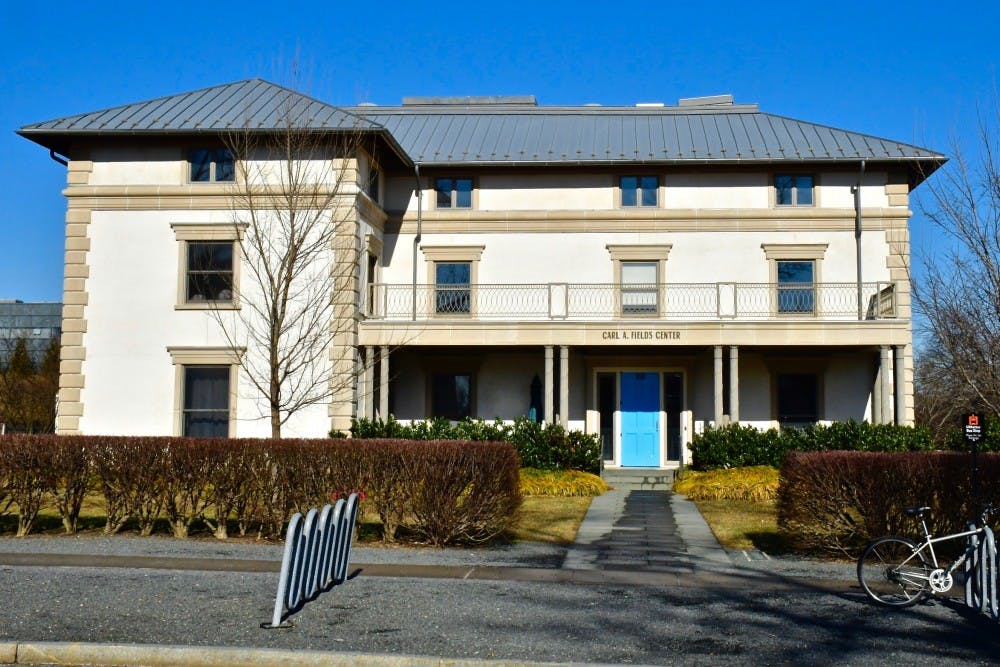This is a dissent to the Editorial Board’s piece, “If low acceptance rates discourage applicants, hiding the data only makes it worse,“ which can be read here.
As early action admission results were released, the Office of Admission announced that this year it will withhold data about admitted students throughout the application process, unlike in previous years.
The Editorial Board’s response to the announcement focused on the potential discouraging effect that the actions of the Office of Admission can have on applicants. But if our primary concerns are discouraging prospective students, the Board is missing the point. We don’t need admissions statistics to know Princeton doesn’t serve marginalized communities.
The Editorial Board should be more concerned with urging the University to support the students who are already admitted and enrolled. We should not be so concerned with the statistical breakdown of a future student population when current students are facing real crises that need addressing.
If we expect these admissions statistics to reveal some great truth about Princeton’s inaccessibility, we are not looking at what is right in front of us: the inequity that persists even when students matriculate and search for access to the seemingly infinite resources at Princeton and other elite institutions.
Given the plethora of resources at Princeton, why, for example, is Counseling and Psychological Services so underfunded? Why are first-generation, low-income (FLI) students asked to pay for housing and food during most breaks when they require on-campus housing? Why did a student have to bare their trauma before University housing policy even began to support LGBTQIA+ students? This instance is representative of a larger issue of queer and FLI students being forced to place their trauma on display before receiving any support from the University.
Of course, one would be hard pressed to find a higher education institution which pleases all its students. We personally have benefited from Princeton’s wealth and alumni network. It is easy for us to say as Princeton students that it is hard to be a Princeton student. But we want to be honest about what unique challenges students might face here.
Our focus as current students should not be on increasing applicant numbers, especially in such a vague way that does not encourage historically underrepresented communities more specifically. Besides, we are already here. Black, Brown, and Indigenous students, children of immigrants, disabled students, FLI students, international students, queer students, students of color are all here. When you target our communities for recruitment, start with supporting those of us who are here.
Prospective students of these communities should not be afraid to join us and find a home here. Just know that college is not perfect here — it’s not perfect anywhere. And we don’t need admissions statistics to tell us that truth. We live it.









